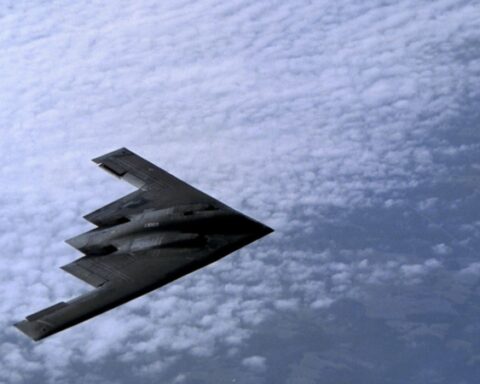The emir of Kuwait has died at the age of 86 from health complications. Kuwait is a vital American ally in the region, due to its key geographic position to enable power projection in the region. It hosts many American troops and has large oil reserves.
Succession has already been established, where one of his brothers had been selected as crown prince. Little is expected to change in the short term, but the Israeli-Hamas war could complicate relations. Fox News says:
The ruling emir of the oil-rich nation Kuwait, Sheikh Nawaf Al Ahmad Al Sabah, has died at the age of 86, just over three years after assuming power, Kuwaiti state TV announced.
His cause of death has not been revealed although the ruling emir was hospitalized last month “due to an emergency health problem” but was later reported to be in stable condition.
Despite his advanced age, the current emir has only been in power for three years. By selecting older male heirs from the dynasty, Kuwait is ensuring shorter reigns and a move away from younger generations taking power. Saudi Arabia has shown a polar opposite move, where the Crown Prince is only 38. The NY Times explains:
On Saturday, Kuwait’s cabinet formally named Sheikh Mishal the new emir, and the government announced a 40-day mourning period. A new crown prince has not been appointed yet, leaving the line of succession unclear.
Under Sheikh Nawaf’s predecessor, Sheikh Sabah al-Ahmad al-Sabah, Kuwait had been a significant regional diplomatic player, mediating disputes such as a major rift between Saudi Arabia and its allies on one side and the neighboring state of Qatar. As a member of the OPEC oil cartel and of the regional Gulf Cooperation Council, Kuwait is a key American ally and was viewed as an anchor of moderation.
A new leader does open up opportunities for America’s enemies to wrestle for influence. Kuwait is a small but important player who can advance America’s interests in the region.
READ NEXT: Europe Decides How to Deal with Ukraine









